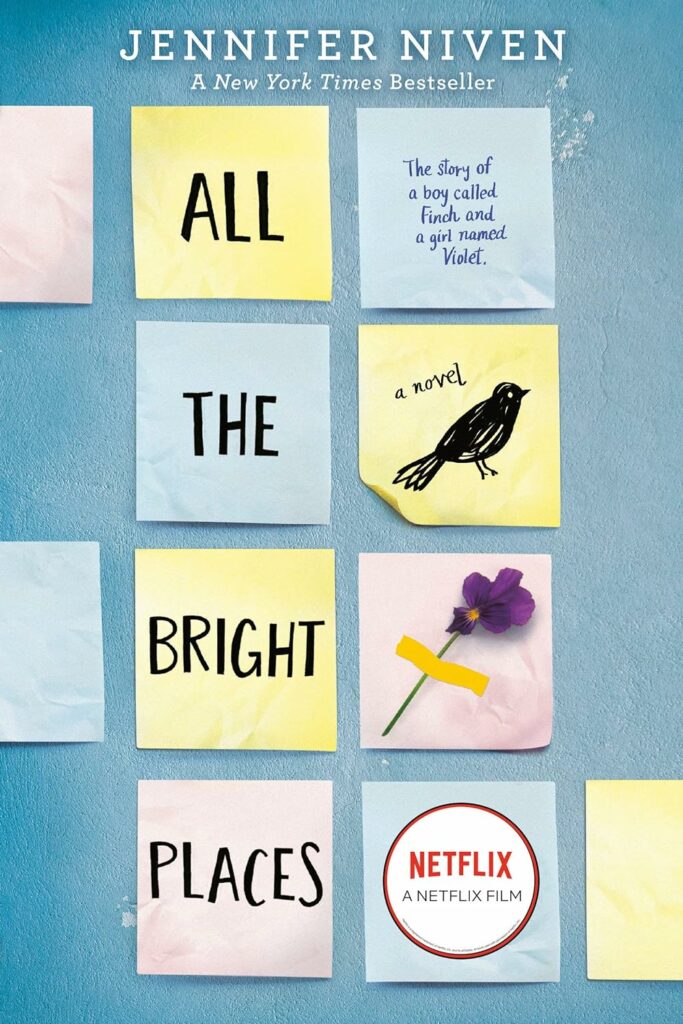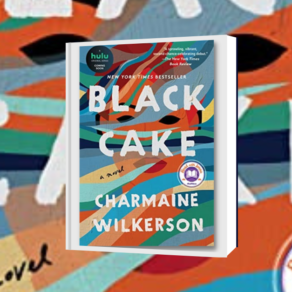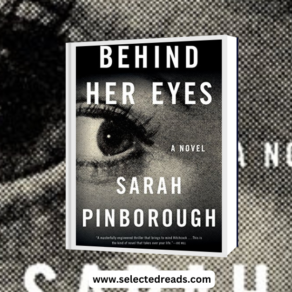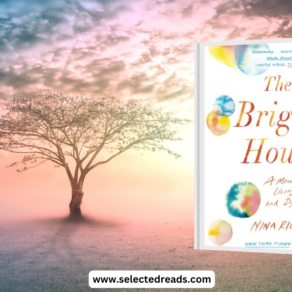In today’s post, I’m introducing you to “All the Bright Places” by Jennifer Niven, a gripping Young Adult novel that has captivated many with its raw emotional intensity. This story unravels the complex worlds of Theodore Finch and Violet Markey, two teens battling their own mental health struggles as they find an unexpected solace in each other.
We’ll explore the beauty and pain interwoven in this narrative, its poignant take on love, mental health, and the quest for ‘bright places’ amid the darkness. I’ll offer some thought-provoking questions for those of you who fancy a deeper discussion, either for book club discussions or personal contemplation. And, of course, I’ll share some memorable quotes that struck a chord with readers.
All the Bright Places Summary
“All the Bright Places” by Jennifer Niven is a compelling, emotionally-rich novel that delves deep into the minds and hearts of two troubled teens, Theodore Finch and Violet Markey. Meeting on the ledge of their school’s bell tower, both contemplating the end, they form an inexplicable connection that saves them in that moment. This connection becomes the launching pad for a story that is as much about love as it is about pain, mental health, and the complexities of human emotion.
Photo: Amazon
Finch is a young man constantly grappling with suicidal thoughts, a ‘live fast, die young’ kind of guy who has seemingly accepted the darker shades of life. Yet, paradoxically, he seeks something every day to keep him ‘here, and alive, and awake.’ On the other hand, Violet looks forward to a future where she can leave her small Indiana town and the suffocating grief that enveloped her after her sister’s death. When Finch and Violet meet, they’re both struggling on their own ledges, literally and metaphorically, and find solace in each other.
After their fateful encounter, they partner on a school project that requires them to explore the ‘natural wonders’ of their state. But what really unfolds is an exploration of life’s wonder, its ups and downs, and the brightness and darkness that fills their days. Finch helps Violet rediscover the joy in life, to stop counting the days and actually live them. He introduces her to a world beyond her grief, helping her realize that life can—and should—go on.
Yet, while Violet’s world seems to be expanding, Finch’s world is shrinking. The more he gives to Violet, the less he has for himself, and we see him spiraling deeper into his mental health struggles. The story takes us on an emotional rollercoaster, balancing the highs of new love and friendship with the devastating lows of depression and loss.
The beauty of “All the Bright Places” lies in its raw, honest portrayal of love and agony, capturing the fragile threads that hold us to life. It’s a book that stays with you, echoing the complexities of emotion and mental health, and the elusive but essential hope that bright places can indeed be found even in the darkest times. It begs us to look at life beyond its surface level, and maybe find our own bright places along the way.
For similar reads, check out our Young Adult Novels section.
All The Bright Places Book Club Questions
Here are some thought provoking book club questions for All The Bright Places:
- How did your perception of Finch change over the course of the book? Did you find him relatable or hard to understand?
- Violet is dealing with the loss of her sister. How does her grief shape her character and her interactions with Finch?
- The book tackles mental health issues, particularly depression and suicidal thoughts, in a very direct manner. How do you think this adds to or detracts from the story?
- The theme of ‘saving’ is prevalent in the book. Do you think Finch and Violet save each other, or is it more complicated than that?
- What did you think about the portrayal of adults in the story? Were they supportive figures, or did they contribute to the struggles of Finch and Violet?
- The idea of ‘wandering’ to find natural wonders is central to the plot. How does each ‘wandering’ trip contribute to Finch and Violet’s relationship and individual growth?
- Do you think the book accurately represents the complexities of teenage life and the issues many teens face?
- The story takes place in a small Indiana town. How does the setting influence the characters and their experiences?
- How does the novel handle the topic of stigma associated with mental health?
- “All the Bright Places” is often compared to books like “Eleanor & Park” and “The Fault in Our Stars.” If you’ve read any of these, how do they compare in terms of emotional impact and portrayal of young love and tragedy?
- The book is structured with alternating points of view between Finch and Violet. How does this affect your engagement with the story and your understanding of the characters?
- What did you think of the ending? Was it expected, or did it catch you off guard? How did it make you feel?
All The Bright Places Quotes
Here are some popular quotes from All The Bright Places as rated by readers in Goodreads:
“You are all the colors in one, at full brightness.” ― Jennifer Niven, All the Bright Places
“sometimes there’s beauty in the tough words—it’s all in how you read them.” ― Jennifer Niven, All the Bright Places
“You make me lovely, and it’s so lovely to be lovely to the one I love.…” ― Jennifer Niven, All the Bright Places
“We are all alone, trapped in these bodies and our own minds, and whatever company we have in this life is only fleeting and superficial.” ― Jennifer Niven, All the Bright Places
“When you consider things like the stars, our affairs don’t seem to matter very much, do they?” ― Jennifer Niven, All the Bright Places
“The thing I realize is, that it’s not what you take, it’s what you leave.” ― Jennifer Niven, All the Bright Places
“It’s my experience that people are a lot more sympathetic if they can see you hurting, and for the millionth time in my life I wish for measles or smallpox or some other easily understood disease just to make it easier on me and also on them.” ― Jennifer Niven, All the Bright Places
“We do not remember days, we remember moments.” ― Jennifer Niven, All the Bright Places
“The great thing about this life of ours is that you can be someone different to everybody.”
― Jennifer Niven, All the Bright Places
“The future is uncertain, but that can be a good thing.” ― Jennifer Niven, All the Bright Places
“The problem with people is they forget that most of the time it’s the small things that count.” ― Jennifer Niven, All the Bright Places
“Your hope lies in accepting your life as it now lies before you, forever changed. If you can do that, the peace you seek will follow. Forever changed. I am forever changed.” ― Jennifer Niven, All the Bright Places
Final thoughts
“All the Bright Places” serves as an emotionally charged mirror reflecting the complexities of adolescence, mental health, and the fleeting yet profound nature of young love. The story navigates through darkness to find light, and although it doesn’t shy away from the harsh realities of life, it also emphasizes the importance of finding those ‘bright places’ even when we’re convinced they don’t exist. The narrative feels as though it’s crafted from fragments of real lives, pieced together to tell a story that could be anyone’s, anywhere. It brings to the forefront urgent conversations about mental health that society often sweeps under the rug, especially in educational settings.
For those of you who are passionate about education and well-being, this book serves as a potent reminder that emotional intelligence and mental health are just as crucial as academics. It challenges us to look beyond the surface, to understand that every individual is fighting their own battles, and sometimes the classroom—or a random meeting at a bell tower—can be a sanctuary or a lifeline.







